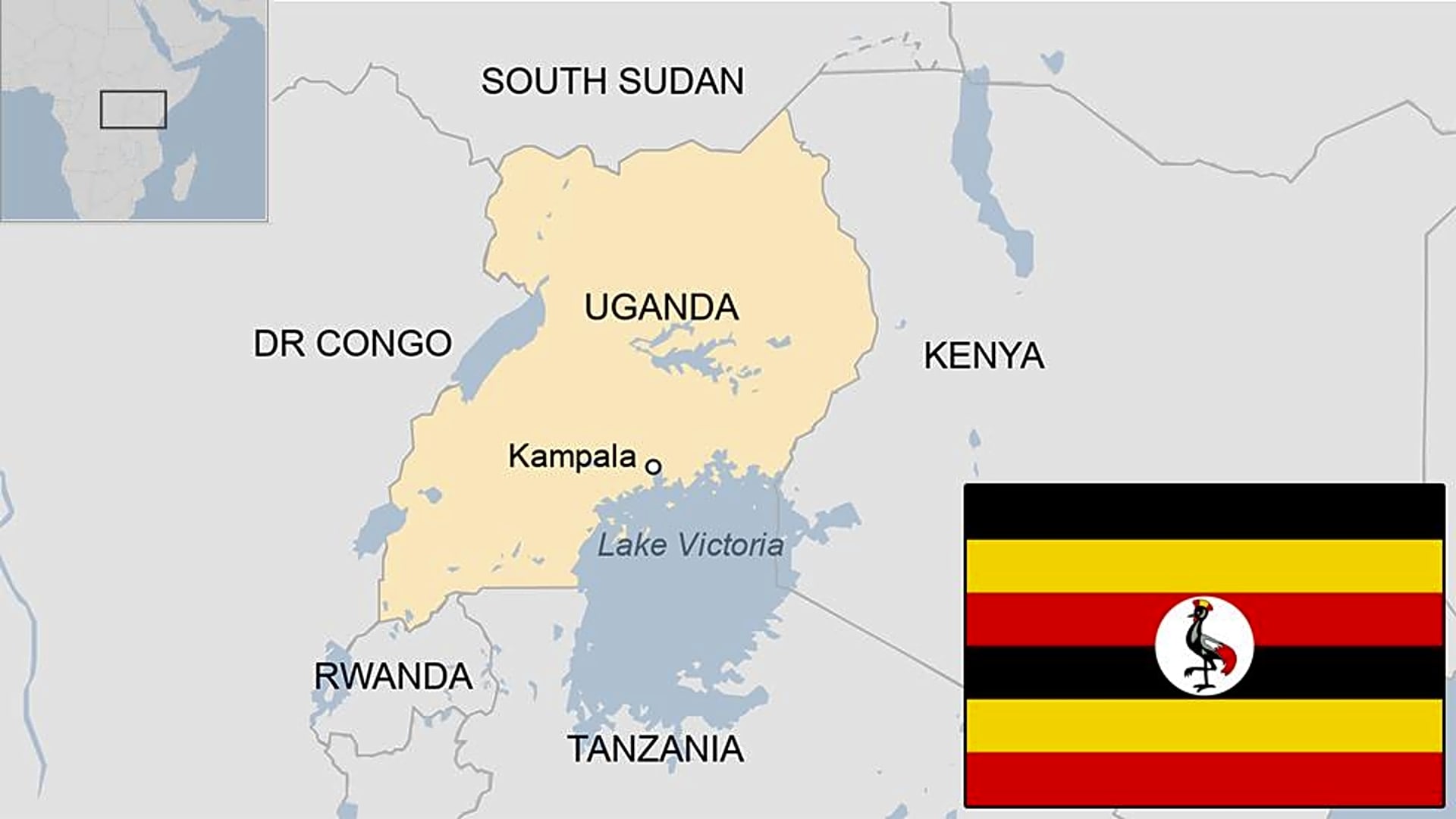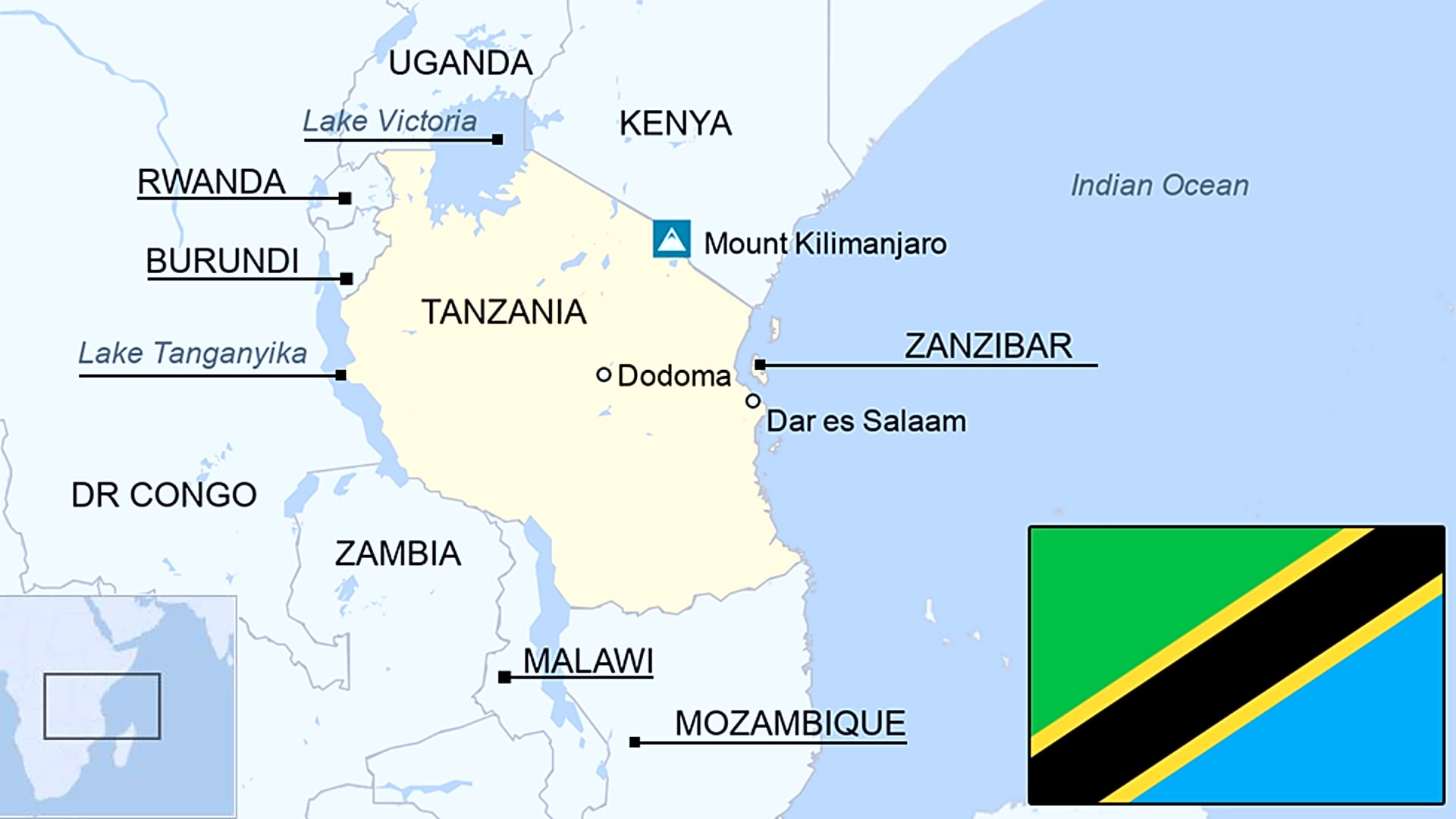Summarized by AI Model:google/pegasus-multi_news
– Google's Black Founders Fund has helped more than 220 African startups raise $379 million and create more than 6,000 jobs over the past three years, according to a new report released Tuesday at the fund's alumni summit in Nairobi, Kenya. More than half of the startups supported by the fund are led by women, and 68% of startups are led by women or have a female co-founder, Quartz reports. "Access to financing is still a major obstacle for Black entrepreneurs, despite Africa's increasing status as a center for innovation," the report states. "Less than 1% of venture capital is raised by African firms, while women-led and entrepreneurs are disproportionately under-represented. These challenges are made worse by limited access to markets, networks, and mentorship, which frequently prevents gifted business owners from growing their companies." The report also states that more than 6,000 jobs have been created by BFF-supported startups over the past three years, including $61 million raised from 21 AI-first startups. "This report is a celebration of the incredible work being done by Black founders across Africa," Folarin Aiyegbusi, Google's head of Startup Ecosystem for Africa, says in a statement. At the summit, Olumide Balogun, the country director for WestSummarized by AI Model:google/pegasus-multi_news
– Google's Black Founders Fund has helped more than 220 African startups raise $379 million and create more than 6,000 jobs over the past three years, according to a new report from the tech giant. The report, which was released Tuesday at the BFF's alumni summit in Nairobi, Kenya, reveals that more than half of the startups supported by the fund are led by women, and 68% of startups are led by women or have a female co-founder, Quartz reports. "Access to financing is still a major obstacle for Black entrepreneurs, despite Africa's increasing status as a center for innovation," the report states. "Less than 1% of venture capital is raised by African firms, while women-led and entrepreneurs are disproportionately under-represented. These challenges are made worse by limited access to markets, networks, and mentorship, which frequently prevents gifted business owners from growing their companies." The report also states that more than 6,000 jobs have been created by BFF-supported startups over the past three years, including $61 million raised from 21 AI-first startups. "This report is a celebration of the incredible work being done by Black founders across Africa," Folarin Aiyegbusi, Google's head of Startup Ecosystem for Africa, says in a statement, per Quartz.African companies have been able to finance $379 million, generate over 6,000 employment, and increase growth by 61% thanks to the Black Founders Fund (BFF). This noteworthy accomplishment demonstrates the ability of strategic investment to promote innovation and propel economic growth throughout the continent. By means of non-dilutive finance, networking, and mentorship, the BFF has enabled entrepreneurs to surmount obstacles, expand their enterprises, and play a role in Africa’s digital revolution. The BFF Impact Report highlights the program’s critical role in bolstering the startup environment on the continent, allowing companies to compete internationally and draw in large sums of money.
At the BFF Alumni Summit on Tuesday in Nairobi, Olumide Balogun, the country director for West Africa at Google for Startups, said, “The Black Founders Fund is not just about financial support—it’s about creating an ecosystem of innovation, job creation, and opportunity.” Black entrepreneurs have made amazing strides, and the BFF Impact Report shows how they may take the lead in Africa’s digital future if given the proper tools. The influence we are witnessing now will pave the way for an even more dynamic tech scene in Africa in the future.
Access to financing is still a major obstacle for Black entrepreneurs, despite Africa’s increasing status as a centre for innovation. Less than 1% of venture capital is raised by African firms, while women-led and marginalised entrepreneurs are disproportionately under-represented. These challenges are made worse by limited access to markets, networks, and mentorship, which frequently prevents gifted business owners from growing their companies.
Nonetheless, structural change is being fuelled by programs like the BFF. Over 220 entrepreneurs have benefited from the BFF’s non-dilutive funding, mentorship, and wide-ranging network, which has allowed them to scale more quickly and overcome these obstacles. “With the right support, Black founders can not only overcome these challenges—they can lead the way in innovation, job creation, and economic development,” stated Mariama Boumanjal, manager of the Black Founders Fund Europe at Google for Startups.
Important Takeaways from the BFF Impact Report revealed
Over 6,000 jobs have been created by BFF-supported startups, and employment has increased seven times since 2021; BFF companies have raised $379 million in total, including $61 million from 21 AI-first startups; BFF companies have grown 61 percent faster over the past three years than their industry peers; 50.4 percent of leadership positions in African BFF companies are held by women, and 68 percent of startups are led by women or have a female co-founder.With 26 BFF-supported firms that have raised a total of almost $100 million and employed 1,073 people, Kenya leads the world in follow-on funding.
Fintech, healthtech, agritech, and artificial intelligence are just a few of the varied industries highlighted in the BFF Impact Report where BFF entrepreneurs are having a big impact. The Black Founders Fund is fostering the next generation of tech leaders who are influencing Africa’s digital future by giving entrepreneurs the tools and connections they require. “This report is a celebration of the incredible work being done by Black founders across Africa,” said Folarin Aiyegbusi, Google’s Head of Startup Ecosystem for Africa. The BFF Impact Report demonstrates that by funding these entrepreneurs, we are promoting structural change within the larger African tech ecosystem in addition to assisting individual firms.


